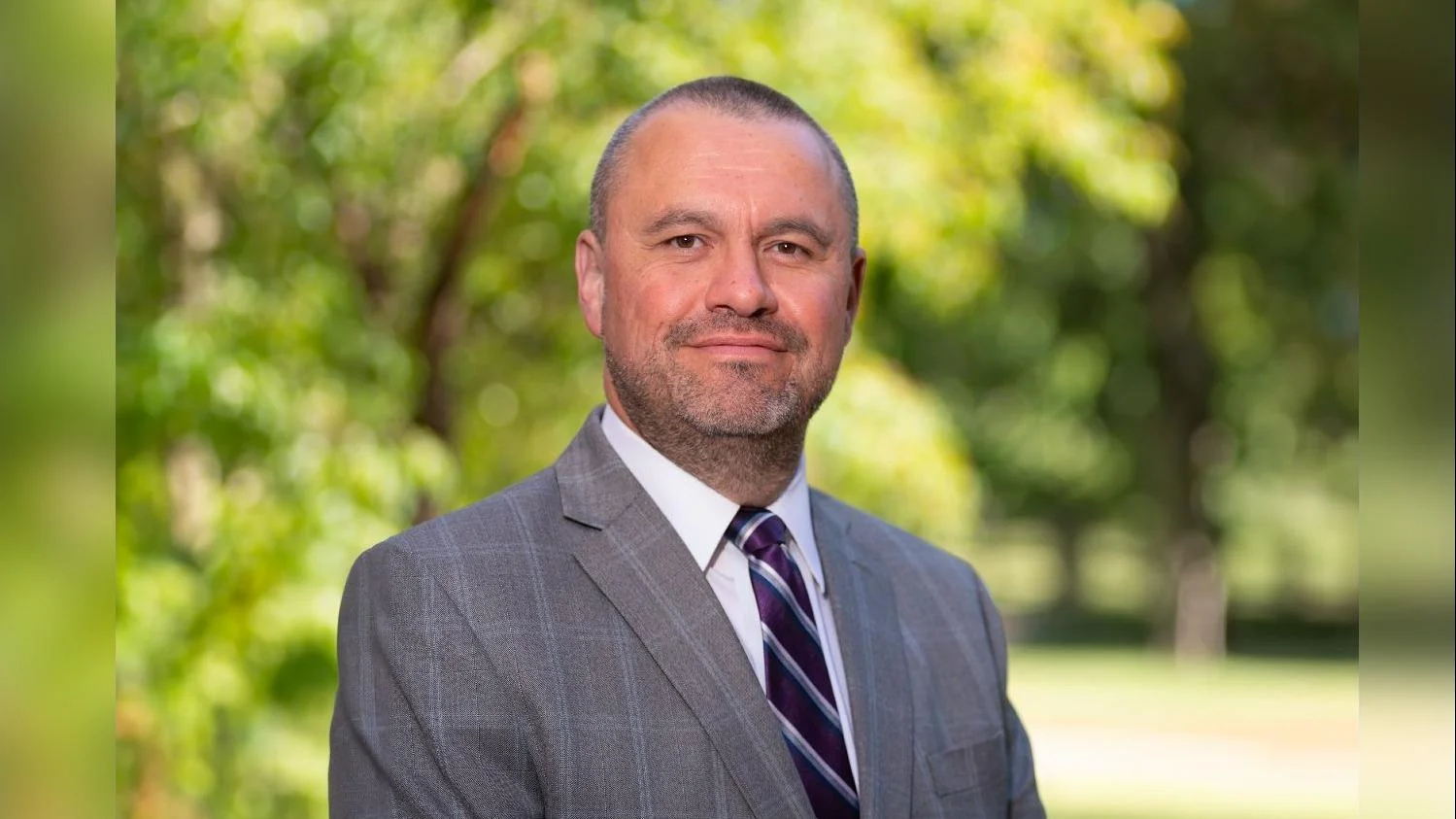Chicago-Kent College of Law Assistant Clinical Professor Michelle J. Miller has been recognized by the National Bar Association’s Women Lawyers Division, receiving a nomination for the Exceptional Academia Award. The award was presented at the annual Gertrude E. Rush Annual Breakfast, which this year focused on “Pioneers and Powerhouses: A Century of Women Legal Leadership.” Six women were nominated for their work in legal education and efforts to advance equity.
Miller was honored specifically for her role in establishing and leading the Intellectual Property, Entertainment, and Entrepreneurship Law Clinic at Chicago-Kent during her first year as its director. Reflecting on the recognition, Miller said, “I believe I’m still in a state of shock. When I got the email, I just paused, thinking, ‘How did you all find me?’”
The clinic focuses on areas of intellectual property law outside patents—often referred to as “soft IP”—including trademarks, copyrights, and trade secrets. Miller explained that students work with clients ranging from entrepreneurs to entertainers: “We help people to start businesses and scale businesses,” she said. “We also help actors, actresses, television producers, R&B singers, hip hop singers, executive producers. A lot of times they are contacting me because there’s an intellectual property issue that they’re concerned about in a deal.”
Students in the clinic gain experience handling trademark law matters for entrepreneurs and entertainers seeking brand protection. They have also dealt with international business issues and questions related to artificial intelligence.
“The students in the clinic have had opportunities to work for some major celebrities, which has been really great for them,” Miller said. “They have had the opportunity to get exposure to television program contracts, television deals, and IP issues in deals for music artists, actors and actresses.”
Unlike many law school clinics that operate only on a pro bono basis with limited client scope or focus areas like trademark law alone or entrepreneurship without entertainment law involvement, Chicago-Kent’s C-K Law Group operates as a fee-generating firm offering broader services.
“If I was at a different law school, with a traditional pro bono type of IP clinic, I would not be able to work for A-listers,” Miller noted.
Miller uses real-world stories from her own practice to teach students about working with high-profile clients while maintaining professionalism: “This could be a potential client,” she tells her students. “I need to make sure that I’m carrying myself in such a way that if there is an opportunity that they will feel comfortable working with me as an attorney.”
Upon joining Chicago-Kent’s faculty in fall 2024, Miller proposed collaboration with Illinois Tech’s Ed Kaplan Institute for Innovation and Tech Entrepreneurship. The Kaplan Institute runs programs supporting student startups from idea through market launch; while Chicago-Kent’s Patent Hub helps students pursue patents for inventions.
Miller saw an opportunity to expand legal support available: “I can help the clinic students train on how to do their first legal consultation to help entrepreneurs know the different areas of intellectual property and then find out what their brand assets are,” she said.
Her students conducted research into trademark availability that led several student-led startups at Illinois Tech to rebrand before launching their products or services publicly.
At semester’s end accelerator participants pitched their ventures for seed funding; some met their legal team from Chicago-Kent face-to-face at Illinois Tech’s Mies Campus—a first visit for several involved law students.
“I’m hoping it’s an opportunity for the clinic to maintain this partnership,” Miller said regarding future collaborations between her clinic and university entrepreneurship initiatives.
Miller also works with Illinois Tech's Center for Sports Innovation on name/image/likeness issues affecting athletes’ publicity rights: “Publicity rights are not just for the top-tier athletes or influencers,” she noted. “There are opportunities for every-day individuals including athletes at Illinois Tech.”
Now serving as core faculty member advising on intellectual property within sports innovation programming—and having grown up nearby—Miller describes her return as meaningful: “It’s interesting looking at all that I have been blessed to accomplish—and to be able to come full circle and have a relationship with an institution that’s right in the community where I grew up,” she said.

